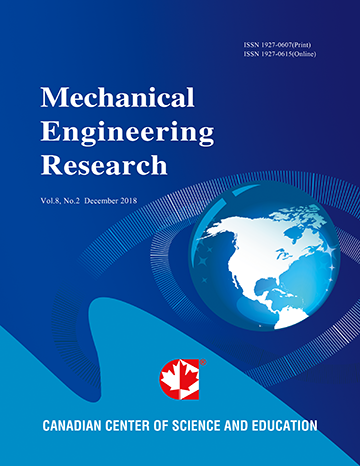Probabilistic Design with Gerber Fatigue Model
- Edward E. Osakue
Abstract
This paper presents a probabilistic design approach for the Gerber bending fatigue failure rule using sensitivity-based analysis. The design model parameters are considered as random variables that are characterized by mean values and coefficients of variation (covs). The coefficient of variation of a design parameter is obtained by using first order Taylor series expansion for strength and stress in a stress-based fatigue design. A reliability factor is determined based on the coefficients of variation and a failure probability. The reliability factor is then used for design sizing and analysis.
Probabilistic design allows a quantification of risk that is not possible with deterministic design approaches. This risk quantification can help to avoid over- or under-design problems while ensuring that safety and quality levels are economically achieved. Over design requires more resources than necessary and leads to costly products. Avoiding over-design helps to conserve product materials and reduce manufacturing resources, machining accuracy, quality control, and processing. Under-designed products are prone to failures, making the products unsafe and unreliable. This increases the risks of product liability lawsuits, customer dissatisfaction, and even accidents.
This study shows a 51% reduction in component size without compromising desired reliability and hence a possible 51% reduction in component mass and cost. Therefore, significant savings in product cost can be obtained through probabilistic design. Probabilistic design seems to be the most practical approach in product design due to the inherent variability associated with service loads, material properties, geometrical attributes, and mathematical design models. It is becoming the preferred design method because over- or under-design can be avoided while still ensuring the safety of a product.
- Full Text:
 PDF
PDF
- DOI:10.5539/mer.v3n1p99
Index
Contact
- Lenna BaiEditorial Assistant
- mer@ccsenet.org
